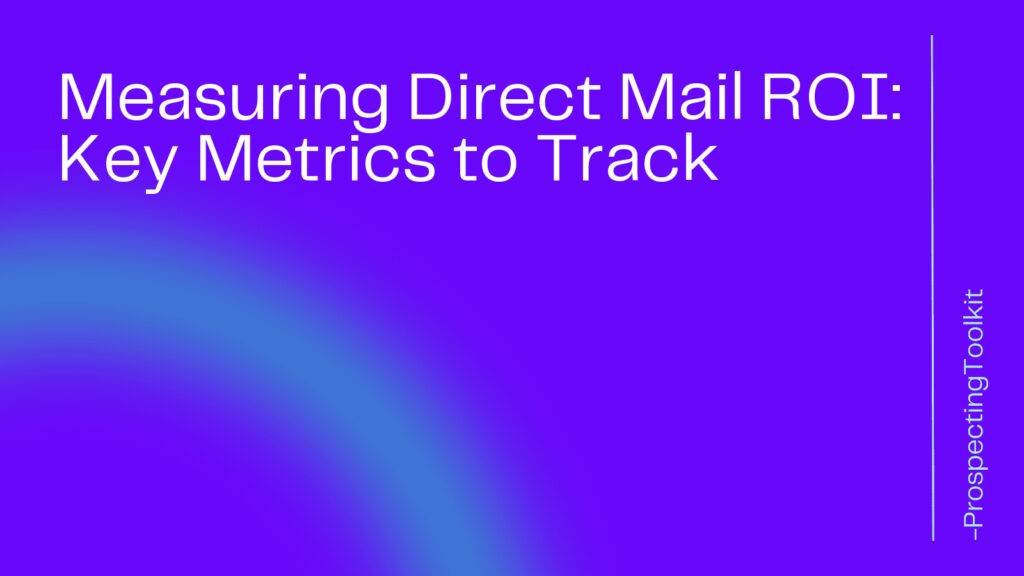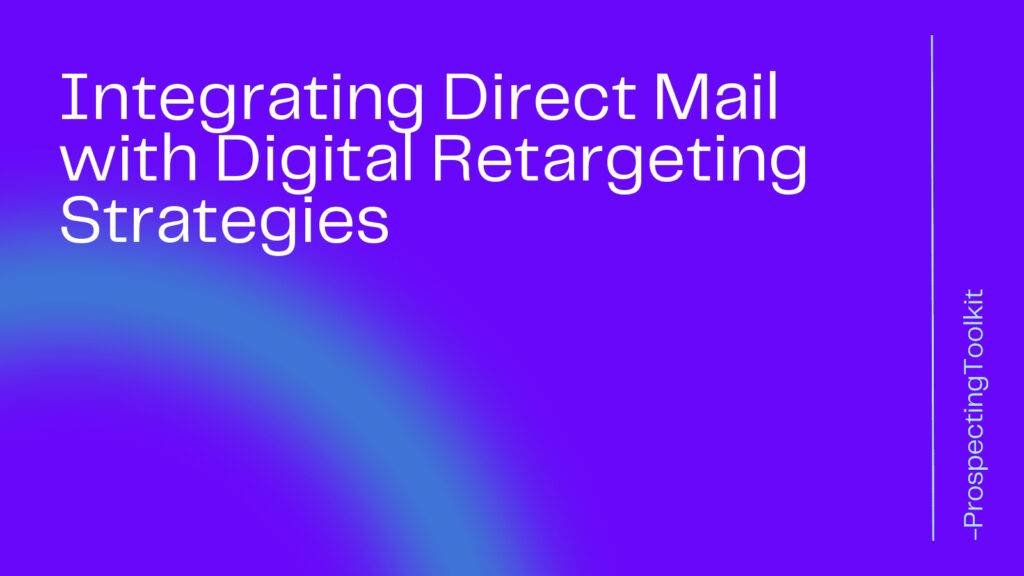In today’s competitive business landscape, the role of a Business Development Representative (BDR) has become essential for achieving sales targets and driving growth.
This comprehensive guide explores the crucial responsibilities and skills required to excel as a BDR.
From prospecting and lead generation to building strong customer relationships and developing effective sales strategies, this guide provides valuable insights to help aspiring BDRs unlock their full potential and achieve success in this exciting field.
Table of Contents
ToggleThe Importance of a Business Development Representative (BDR)
A Business Development Representative (BDR) plays a pivotal role in driving business success. By identifying and nurturing potential leads, a BDR lays the foundation for the sales team’s success.
They contribute to the expansion of the sales pipeline through effective prospecting and initiating customer relationships. A skilled BDR enhances overall efficiency and results in the sales process, making them crucial for the growth and success of a business.
The Role of a BDR in the Sales Process
A BDR plays a critical role in the sales process by identifying and qualifying potential leads, initiating customer relationships, and nurturing them until they are ready to be passed on to the sales team.
They contribute to expanding the sales pipeline, ensuring a smooth transition from lead generation to closing deals. Their efforts lay the foundation for the success of the sales team and the overall growth of the business.
Understanding the Responsibilities
A BDR holds numerous responsibilities in the sales process.
They are responsible for prospecting and generating leads, qualifying and nurturing leads, and building strong customer relationships.
They play a crucial role in developing sales strategies, including identifying target market segments and creating sales plans.
BDRs are expected to master sales techniques such as effective cold calling and delivering compelling sales presentations. The success of a BDR relies on their ability to handle these responsibilities with efficiency and effectiveness.
Prospecting and Lead Generation
Prospecting and lead generation are key responsibilities of a BDR. They actively research and identify potential leads through various channels, such as online platforms, industry events, and networking.
By understanding the prospect’s pain points, budget constraints, and decision-making processes, they are able to qualify leads and pass them on to the sales team for further nurturing.
Their expertise in prospecting and lead generation helps build a robust pipeline of qualified leads for the sales team to convert into customers.
Qualifying and Nurturing Leads
Qualifying and nurturing leads is a crucial responsibility of a BDR. They assess the potential of each lead by understanding their needs, budget, and decision-making processes.
By qualifying leads, BDRs ensure that the sales team’s time and effort are focused on the most promising prospects.
They also nurture leads by providing relevant information, personalized follow-ups, and building strong relationships to increase the chances of conversion. This proactive approach helps to cultivate and maintain a healthy pipeline of qualified leads for the sales team.
Building Strong Customer Relationships
Building strong customer relationships is a critical aspect of the BDR role. Through effective communication skills, BDRs establish rapport and trust with prospects, creating a foundation for long-term partnerships.
They actively listen to customers’ needs, provide personalized solutions, and ensure timely follow-ups. By nurturing these relationships, BDRs foster customer satisfaction, loyalty, and ultimately contribute to the success of the business.
Effective Communication Skills
Effective communication skills are crucial for a Business Development Representative (BDR) to succeed in their role. BDRs must be adept at tailoring their messaging to engage prospects through various channels, such as phone calls, emails, and in-person interactions.
By effectively communicating, BDRs can convey the value of their product or service, address customer concerns, and build trust with prospects.
This skill enables them to establish rapport and navigate interactions with confidence. Good communication ensures a smooth sales process and fosters strong customer relationships.
Building Rapport and Trust
Building Rapport and Trust: Building rapport and establishing trust are crucial for a Business Development Representative (BDR) to succeed in their role. BDRs should focus on active listening, empathy, and understanding the needs of their prospects.
By demonstrating professionalism and genuine interest, BDRs can build trust and credibility with their prospects. This enables them to develop strong and mutually beneficial relationships, ultimately leading to successful sales outcomes.
Developing Sales Strategies
Developing Sales Strategies: Developing effective sales strategies is a key responsibility of a Business Development Representative (BDR).
This involves identifying target market segments and creating tailored sales plans to reach potential customers. BDRs must stay updated on market trends and adjust their strategies accordingly to maximize sales opportunities.
By executing well-defined and adaptable sales strategies, BDRs can drive revenue growth and contribute to the overall success of the business.
Identifying Target Market Segments
Identifying target market segments is a crucial aspect of developing sales strategies as a BDR. By conducting thorough market research, BDRs can determine the specific groups of customers that are most likely to be interested in their products or services.
This allows them to tailor their approach, messaging, and sales efforts towards these segments, maximizing their chances of success. BDRs must stay up-to-date on market trends and customer preferences to effectively identify and target these market segments.
Creating and Executing Sales Plans
Creating and executing sales plans is a critical aspect of a BDR’s role. This involves developing strategies and tactics to reach target customers and achieve sales goals.
It requires a thorough understanding of the market, competition, and customer needs. BDRs must create action plans, set achievable targets, and implement effective sales techniques.
Regular evaluation and adjustment of the plan are essential for success.
Mastering Sales Techniques
Mastering Sales Techniques is crucial for a BDR to excel in their role. It involves honing skills like effective cold calling strategies and delivering compelling sales presentations.
BDRs need to learn how to capture the attention of potential customers, showcase the value of their product or service, and close deals successfully.
By continuously improving their sales techniques, BDRs can increase their sales performance and contribute to the overall success of their organization.
Effective Cold Outreach Strategies
Effective cold calling strategies are vital for a BDR to succeed in their role. To maximize the chances of connecting with potential customers,
BDRs should research their target audience, personalize their approach, and create a compelling opening statement. It is essential to listen actively, ask open-ended questions, and address objections effectively.
Regularly analyzing and adjusting strategies based on performance can further improve cold calling success rates.
BDRs must stay persistent and confident throughout the process to achieve positive outcomes.
Delivering Compelling Sales Presentations
Delivering compelling sales presentations is a crucial skill for a BDR to master. It requires the ability to effectively communicate the value proposition of products or services to potential customers.
BDRs should tailor their presentations to the specific needs and interests of each prospect, highlighting the benefits and addressing any concerns or objections. Engaging storytelling, visual aids, and clear call-to-actions can further enhance the impact of a sales presentation.
Regularly seeking feedback and making adjustments based on performance can help improve presentation skills over time.
Measuring Success and Continuous Improvement
To gauge the success of a Business Development Representative (BDR), it is important to establish key performance indicators (KPIs). These KPIs can include metrics such as lead conversion rate, sales revenue generated, and customer satisfaction.
BDRs should regularly track and analyze their performance against these KPIs to identify areas for improvement.
Continuous learning and professional development play a crucial role in enhancing skills and staying up-to-date with industry trends. By consistently striving for improvement, BDRs can maximize their effectiveness and contribute to the overall success of the sales team.
Key Performance Indicators (KPIs) for BDRs
Key Performance Indicators (KPIs) for BDRs serve as measurable benchmarks to evaluate their performance and contribution to the sales process. These KPIs can include metrics such as lead conversion rate, sales revenue generated, and customer satisfaction.
Regularly tracking and analyzing these KPIs enables BDRs to identify areas for improvement and make informed decisions to drive success.
Continuous Learning and Professional Development
Continuous learning and professional development are crucial for the success of a BDR. By staying updated on industry trends, sales techniques, and emerging technologies, BDRs can enhance their skills and adapt to the evolving sales landscape.
They can achieve this through attending workshops, webinars, and training programs, as well as seeking mentorship and networking opportunities.
Committing to continuous learning not only helps BDRs excel in their role but also positions them as valuable assets to their organization.







